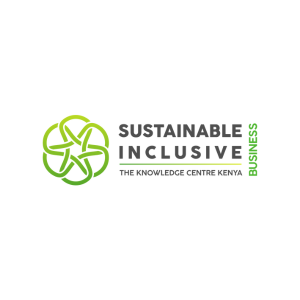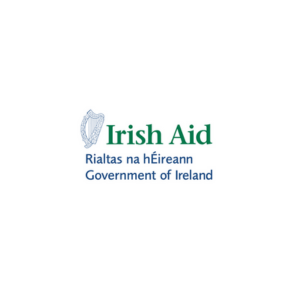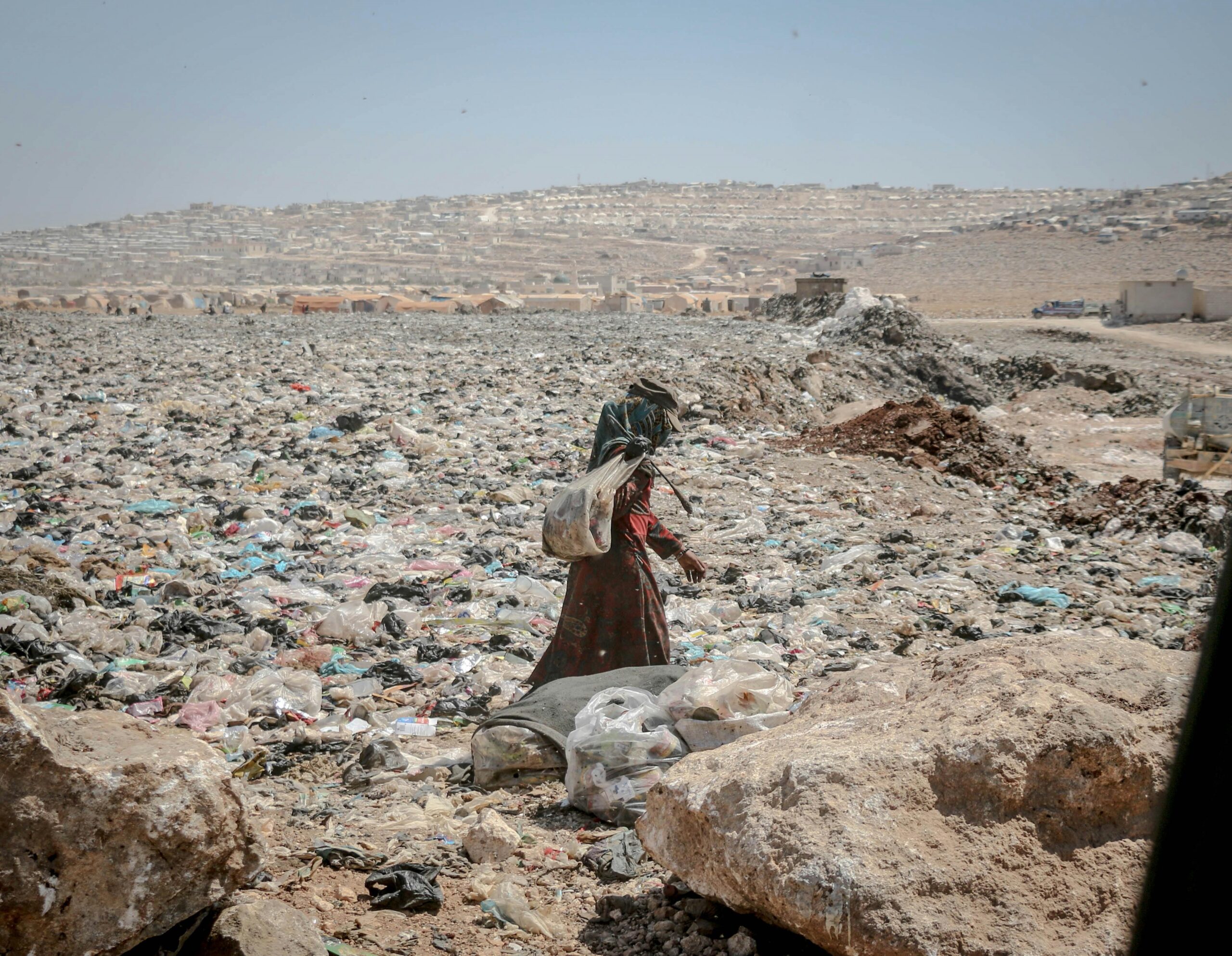Gender Mainstreaming for Business
In response to the pressing need for gender inclusivity and equity within the waste management sector in Kenya, Sustainable Inclusive Business Kenya, the Knowledge Center under the Kenya Private Sector Alliance, KEPSA, embarked on a project to develop a comprehensive toolkit that would contribute to the transformative journey towards fostering gender mainstreaming and empowerment. With the overarching goal of addressing gender-related challenges throughout the waste value chain, we have crafted a comprehensive toolkit and practical manual tailored to the needs of all levels of workers in the waste sector. The primary objective is to empower women within the waste sector by providing them with essential skills and knowledge, enabling them to overcome gender biases and advance in their careers effectively. Through this empowerment, we aim to support individual women and benefit county governments and waste-to-value practitioners by fostering inclusivity and support within their operations. The toolkit has been developed in close collaboration with experts, gender advocates, and over 70 people working in the waste sector on the ground to ensure its relevance and effectiveness. Drawing from research, questionnaires, and expert interviews, we developed a handbook rich in practical content and real-life case studies, serving as a valuable resource for women seeking to navigate and excel in the waste value chain.
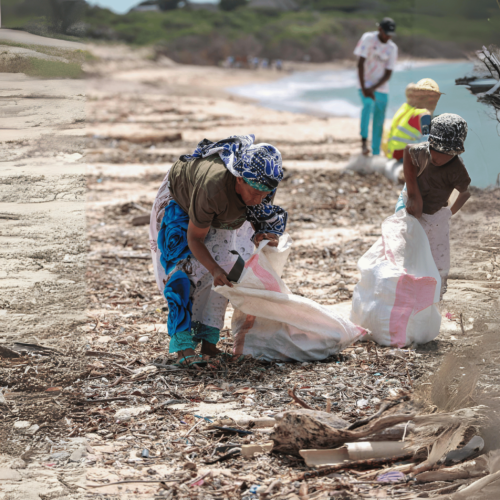
The Cycle of Inclusion: A Ripple Effect of Investing in Women and Girls
The engagement of women in waste management leads to the prevention and leakage of pollutants into fragile ecosystems, improving the environmental and health quality of the local communities. Their involvement also provides them with an opportunity to take advantage of income-generating activities to improve their household nutrition, healthcare, and educational pursuits. Each benefit is interconnected and contributes to society’s overall advancement with social, environmental and economic prosperity.
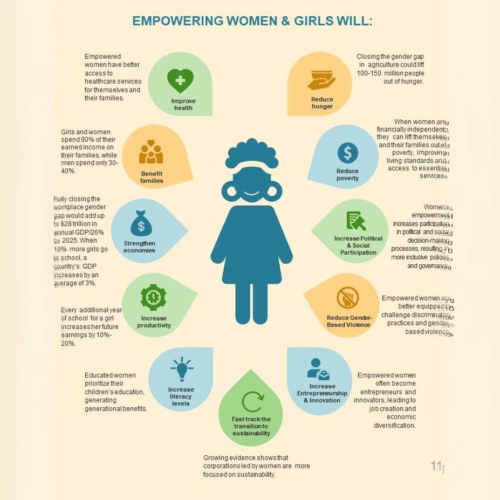
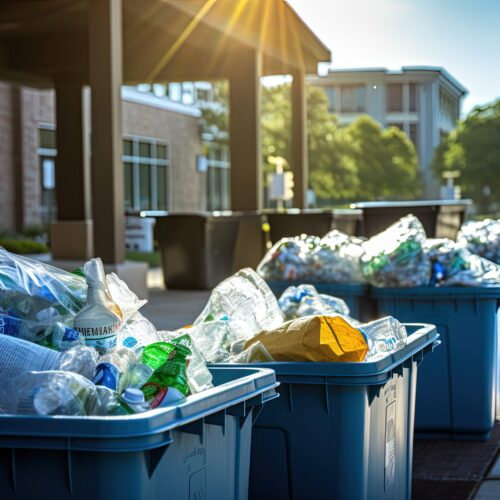
Target Groups & Impact
Target Group(s): Businesses in waste management, women in waste management, the County Government of Mombasa, NEMA, the civil society, and waste collectors.
Impact:
- Developed a Gender Mainstreaming Toolkit with insights to help women in waste management in Kenya confront and overcome gender biases, hopefully empowering them to drive positive change within their respective roles.
- Equipped around 100 waste value-chain women with the tools they need to succeed in the waste sector.
- Promoted inclusivity within county governments and ten existing waste-to-value practices.
- Drove conversations and engagements on gender mainstreaming, envisioning a waste sector where diversity and gender equity are celebrated, women are empowered to drive positive change, and waste is effectively harnessed for environmental sustainability and value creation.
Project Partners

